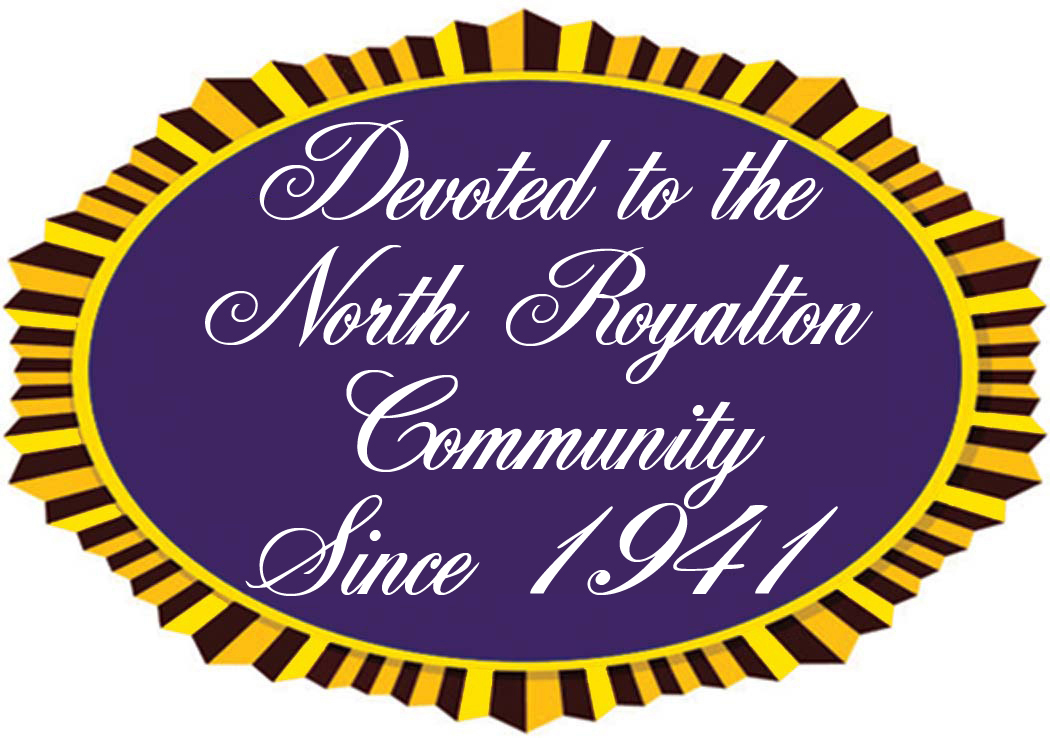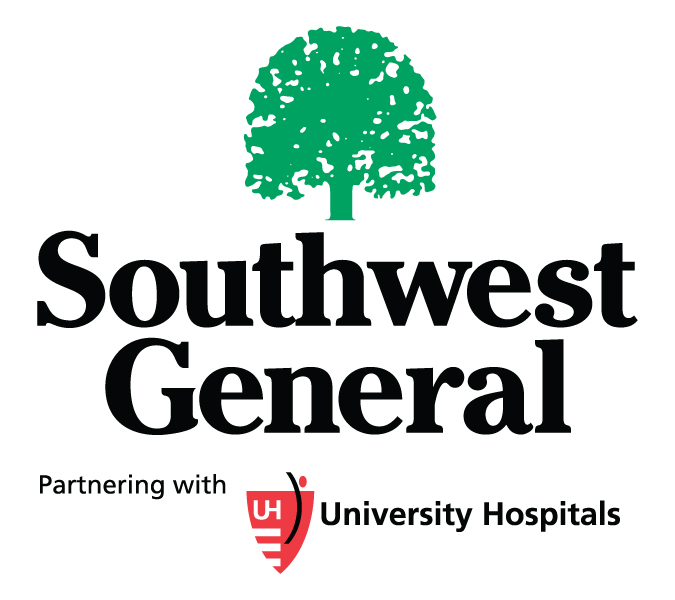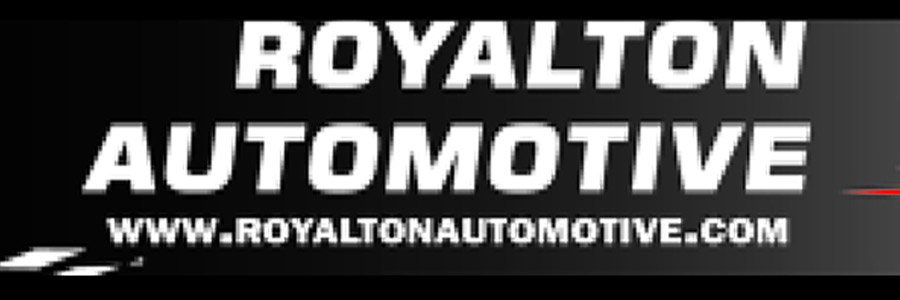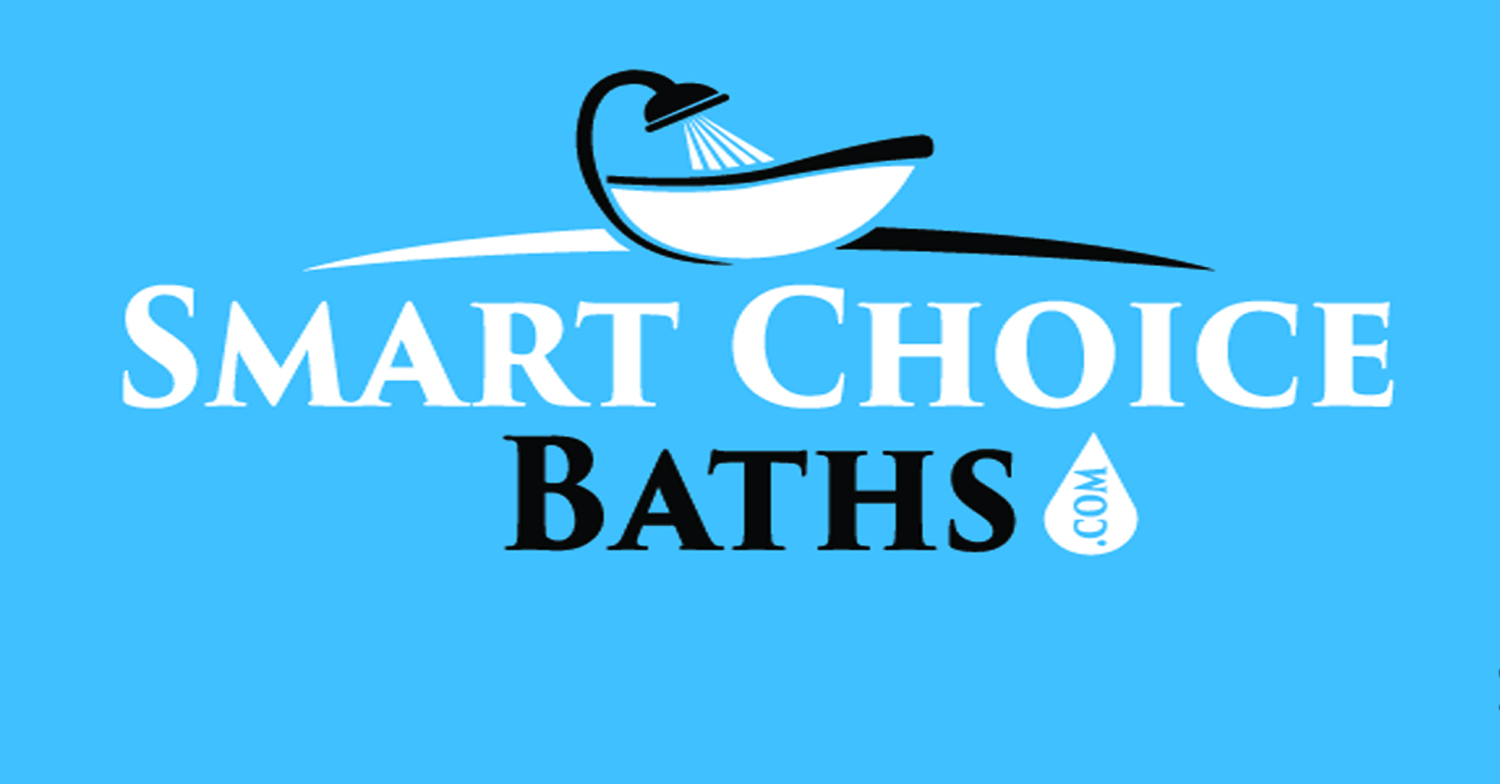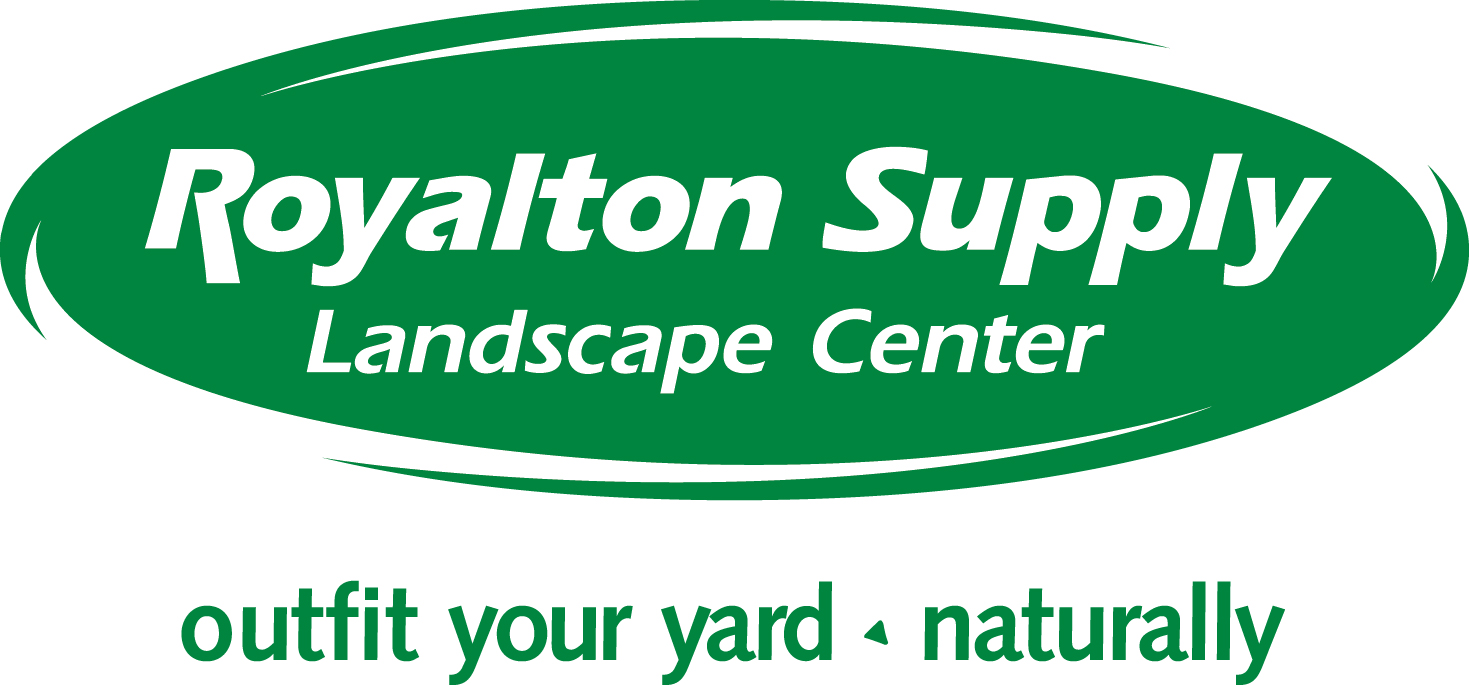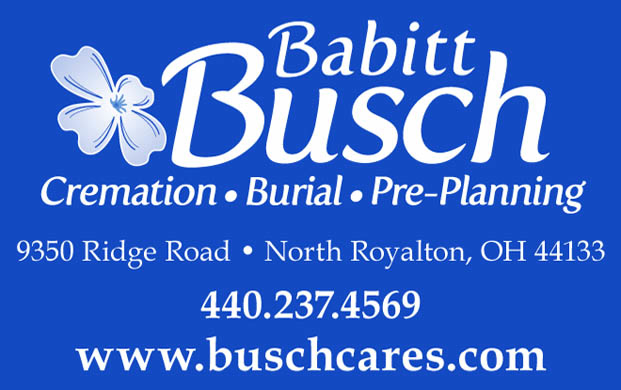Phony IRS agents, bogus sweepstakes, illusory government grants, pseudo employers and fictitious puppies are just a few of the deceptions reported by Cleveland area consumers during 2014. Con artists used our phones, email and online shopping habits to trick us into handing over cash and even confidential information that put us at risk for identity theft. “Most of these scams are not new but scammers are learning to appear more legitimate,” said David Weiss, president of BBB Serving Greater Cleveland.
The Top Ten Scams reported locally in 2014 were:
Advance Fee Loans – Using names like E-Loan, Principal Investment Financial Services, and Net Cash USA, advance fee loans scams bilked cash-strapped consumers using telemarketers, email, and online. All promised substantial guaranteed loans and required the payment of advanced fees, usually totaling several hundred dollars. One scam, Advance America Cash Advance, even falsely claimed in its paperwork that BBB monitored all its calls, could increase or decrease the amount of the loan and reviewed every loan agreement. Phony IRS Agents – Based on calls to BBB, it seemed like no neighborhood was spared calls from phony IRS agents threatening arrest if tax debts were not paid immediately. Callers often had personal information about the consumer and altered caller ID to make it look like the IRS was calling. They used fake names and bogus IRS identification badge numbers. Potential victims were threatened with deportation, arrest, having their utilities shut off, or having their driver’s licenses revoked.
Phony Sweepstakes Plagued Local Seniors – BBB Serving Greater Cleveland opened 63 new files on businesses operating bogus sweepstakes in our area during 2014. Most of these businesses came to our attention from seniors who were plagued with calls from con artists trying to collect substantial fees with the promise of millions in cash and other prizes. Many of these scams originated from Jamaica and used names like Mega Millions Jackpot, American Sweepstakes Network, and International Promotions Prize Award. Some telemarketers falsely claimed to represent Publishers Clearing House. Tech Support Posers – This fall, there was a surge in reports of consumers receiving calls from individuals claiming that Microsoft has been notified of errors or viruses on their computers that need removal. The scammer persuades the victim to download a program which allows remote access to their computer. Once access is gained, the scammer shows typical computer errors, which are still enough to convince the owner there is a problem. They then offer to fix the problems for anywhere from $200 – $400.
Fake Employers- While the typical work at home scams (e.g., envelope stuffing) still exist, job seekers were also prey to scammers who created “copycat” websites and posed as legitimate corporations. These phony employers would obtain sensitive personal information and/or advanced fees and often engage the applicant in illegal activities (e.g. being a money “mule” or re-shipper of stolen goods). Phishing Tricks – Phishing emails continued to lure victims into clicking on links or opening attachments that contained dangerous malware. These virus captured user passwords and other sensitive data which provided access to online bank accounts or information that put the user’s identity at risk. Emails could appear to be delivery notifications from UPS or FedEx, your bank, PayPal or other familiar businesses.
Puppy Scam – Pictures of popular breeds of dogs were posted online and offered for sale at substantial discounts. Some sellers claimed a hardship which left them unable to keep the dog (e.g. a soldier being deployed overseas) while others posed as legitimate businesses. Buyers were persuaded to pay advance fees for shipping, vet bills, transportation, etc., to the tune of several hundreds or thousands of dollars. In reality, the puppies did not exist and victims could not recover lost funds. Fake Utility Bills – Local businesses were duped by callers who claimed they represented local utilities. Business owners were told their utility bills were delinquent and their services were in danger of being disconnected in a few hours if the bill was not paid immediately using prepaid debit cards such as Green Dot MoneyPak cards.
Deceptive Car Wrap Business Opportunity – Internet ads or unsolicited emails claimed to represent popular energy drink companies such as Rockstar, Powerade and Monster Energy. The scammers typically offered to pay $300 – $600 per week if you agreed to have your vehicle wrapped with a vinyl advertisement for the beverage. The catch – they paid with a check for much more than the weekly pay. Consumers reported receiving checks in amounts varying from $1,890 – $2,850. You were instructed to deposit the check, withdraw your weekly pay, and wire the balance to the graphic artist who will create the vinyl car wrap. Those who fell for this later learned the checks were counterfeit.
Rental Listing Scams – Scammers lifted listings of houses from legitimate real estate websites, then posted the pictures and details in an online ad offering the home for bargain rental fees. Duped renters paid deposits to phony landlords by prepaid debit cards or wire transfers only to discover the house was actually located in another city or state and was not for rent.
“We expect consumers and businesses to be targeted by these same scams in 2015,” said Weiss. “Consumers need to remain cautious of offers that are too good to be true and protect sensitive personal information.”
BBB offers these tips to avoid being scammed:
•Do not believe it just because you saw it on the Internet. Online claims of easy money, lucrative investments, and guaranteed loans regardless of your credit history are no more reliable because the website looks impressive. Always check the business at bbb.org/cleveland.
•Guard your personal information. Identity theft is one of the fastest growing crimes in the country. Do not give your credit card number (or the expiration date), bank account number, social security number or driver’s license number over the phone or the Internet to anyone you do not know. Even if the caller promises a prize, a job, or a loan, or demands payment for a debt – ask for details in writing and check it out at bbb.org/cleveland . Do not click on links in email or open attachments until you are sure the sender is legitimate.





